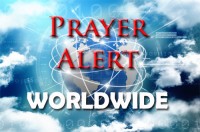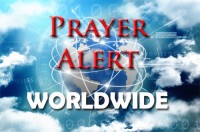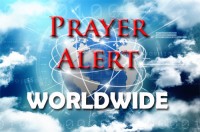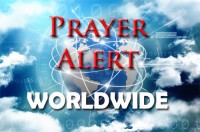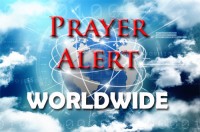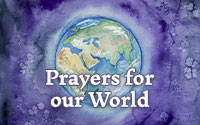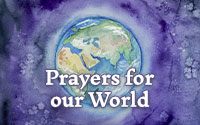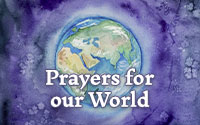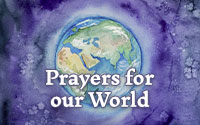Global oppression
23% of the world’s population cannot exercise their most basic rights of expressing views, assembling peacefully or organising meetings independently. Citizens who assert their rights suffer harassment and imprisonment, and are subjected to physical or psychological abuse. In Belarus, President Lukashenko is Europe's last dictator, showing no sign of bowing to Western pressure to relax his grip on the country. Chechnya: former rebel Ramzan Kadyrov heads the Republic and is personally implicated in instances of torture and murdering those opposed to him. In China, human rights activists face imprisonment, detention, torture, commitment to psychiatric facilities, house arrest, and intimidation. Cuba’s government represses individuals and groups who criticise them or call for basic human rights. Other countries which are ruled by force or laws that put unreasonable limits on people’s freedom are Equatorial Guinea, Eritrea, Laos, Libya, Myanmar, North Korea, Saudi Arabia, Somalia, Sudan, Syria, Tibet, Turkmenistan, Uzbekistan, Western Sahara, and Zimbabwe. In almost all of these countries Christians are persecuted, and are often treated worse than any other citizens.
US Christians praying for election
Our American brothers and sisters in Christ are praying for the coming election next Tuesday. Since early voting started last month, there has been a prayer surge through National Prayer Conference Calling, partnering with Christ for Revival. There have been weekly Saturday morning joint prayer meetings across the USA, with the heart of John 17:20-23. Intercessors across America have been making three-hour national conference call prayers in advance of Election Day. We can also cover this election in prayer, interceding for the election of President, members of Congress, the Senate and other elected officials. The apostle Paul linked these prayers to the peace of a nation, ‘that we may live peaceful and quiet lives in all godliness and holiness’. See also
Zimbabwe: economic crisis looming
Against all financial and economic logic, the Zimbabwean government is about to introduce bond notes into the financial system. Many believe this will wreak havoc with the economy, and that the poor and downtrodden will suffer. Zimbabwe imports 75% of all industrial, manufacturing, agricultural and food requirements. The governor of the Reserve Bank of Zimbabwe, in his monetary statement published a few days ago, admitted that the state of the country’s financial health is very depressing and disturbing; he stated that it has less than one month’s import cover by way of foreign currency reserves. It will take many, many years before Zimbabwe will be able to re-introduce its own currency. He said, ‘Our national financial situation is dire’. The staple food is maize meal. To import it and other essential goods, hard currency is needed. Bond notes are not hard currency. Some Zimbabwean business-people have decided to take legal action against the introduction of bond notes.
Iraq: Christian minority seeks autonomy
Operation ‘liberate Mosul’ has freed many districts and villages of Nineveh province. People are praying for unity in Iraq in a post-IS era. For the Christian minority residing there, a majority in some areas, the future is uncertain. People are asking whether Christians can survive there, in view of what has happened in neighbouring countries such as Syria, Lebanon, and Israel. That is why some are calling for an autonomous region in the Nineveh plain, traditionally an area where people of different minority faiths have lived in coexistence. The emphasis is on the fate of Iraqi Christians. It is their homeland, and they are not only an indigenous group in the area but one of the oldest - living continuously on their land.

